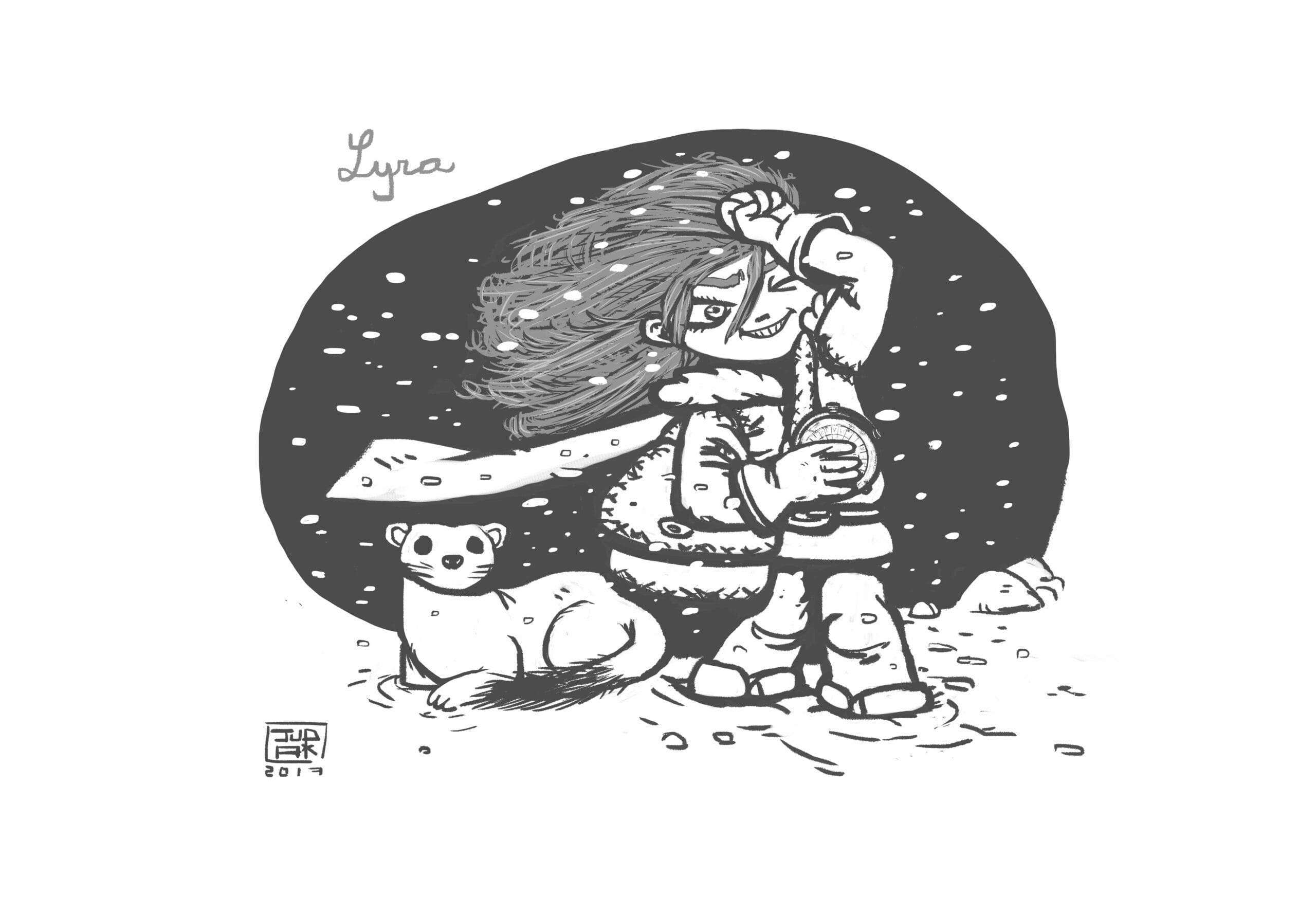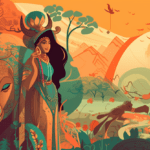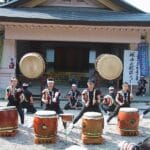Hānai, a cherished tradition deeply embedded in Hawaiian culture, transcends the Western concept of adoption. It embodies a profound commitment to family, love, and shared responsibility, extending beyond bloodlines to create a rich tapestry of belonging. This article delves into the heart of hānai, exploring its historical significance, modern interpretations, and enduring impact on families and communities.
Understanding the Heart of Hānai
The term “hānai,” pronounced “hah-nigh,” translates to “to nurture,” “to feed,” and “to raise.” These words encapsulate the essence of this practice, which involves the informal adoption or fostering of children within an extended family network known as `ohana. Hānai is a promise to ensure a child’s holistic well-being—physical, emotional, spiritual, and cultural—embracing them within a supportive and loving environment. Unlike Western adoption, hānai often maintains ties with the biological family, recognizing the importance of both sets of parents in a child’s life. It’s a powerful expression of aloha, the Hawaiian spirit of love and compassion.
The Historical Roots of Hānai
Historically, hānai often occurred within extended families, particularly between grandparents and their first-born grandchildren. This practice facilitated the transmission of cultural knowledge and traditions across generations, reinforcing the belief that raising a child was a shared responsibility. It also served various other purposes, such as providing children for childless couples, ensuring the well-being of children during times of hardship, or strengthening alliances between families. The practice was deeply grounded in the belief that raising a child was a communal responsibility. When a baby was given to the hānai family, the biological parents would traditionally say, “Nau ke keiki, kūkae a na‘au.” (“Yours is the child, excreta, intestines and all.”), signifying a complete entrusting of the child’s well-being.
Why Hānai Matters
Hānai has played a crucial role in strengthening Hawaiian communities. It fostered shared values, provided support for children and families in need, and ensured the preservation of cultural heritage. This practice highlights the Hawaiian ideal that family is defined not solely by blood, but by the love, care, and shared experiences that bind people together.
Hānai in the Modern World
Hānai remains a vital tradition in contemporary Hawaii, adapting to modern family structures and legal systems while preserving its core values. While traditionally informal, some hānai arrangements today involve legal processes to ensure clarity and protect the rights of all parties involved. This blending of tradition and modernity reflects the enduring relevance of hānai in 21st-century Hawaiian society. Researchers are actively studying how hānai continues to be practiced today, and their findings may further illuminate its evolving dynamics.
Hānai vs. Western Adoption
| Feature | Hānai | Western Adoption |
|---|---|---|
| Formality | Traditionally informal, now sometimes legalized | Typically a formal, legal process |
| Biological Ties | Often maintained and valued | Usually severed, limited contact |
| Responsibility | Shared among extended family/community | Primarily focused on adoptive parents |
While Western adoption often severs ties with the biological family, hānai emphasizes maintaining these connections, creating an expanded network of love and support. This difference underscores the distinct cultural nuances of hānai.
Personal Stories and Reflections on Hānai
The lived experiences of those touched by hānai provide powerful insights into the depth and complexity of this tradition. Hana, a hānai mother, shares, “My hānai son will always be there for me,” demonstrating the enduring bond that hānai creates. Even popular culture, such as the film “Money Train” (1995), portrays hānai relationships, showcasing the close connection possible between non-biological siblings. These personal stories offer a glimpse into the emotional richness of hānai.
The Enduring Lessons of Hānai
Hānai offers valuable lessons about the resilience of traditions, the fluidity of family structures, and the power of love and kinship. It challenges conventional notions of family, highlighting the importance of community and shared responsibility in raising children. Learning about hānai broadens our understanding of how families are formed and how love shapes our lives, suggesting new ways to strengthen our own communities by embracing the spirit of shared care. It also reminds us of the uncertainties and complexities that are inherent in cultural practices that span many generations, and our understanding of hānai may continue to evolve as we delve deeper into the personal narratives and perspectives of those connected by this tradition.
What is the meaning of the name hānai?
Hānai (pronounced “hah-nigh”) embodies the Hawaiian spirit of extended family, love, and nurturing. It represents a unique approach to raising children, emphasizing shared responsibility within the `ohana and creating a strong web of support. While often compared to adoption, hānai retains distinct cultural nuances, often preserving connections with the biological family and fostering a sense of interconnectedness. This tradition underscores the Hawaiian value of community, where raising a child is seen as a collective endeavor. Researchers continue to study the modern expressions of hānai, providing further insights into its enduring relevance in contemporary society.
What is a hānai dad?
A hānai dad embodies the Hawaiian tradition of extended family, embracing a child with love, guidance, and support within the larger context of the `ohana. He actively participates in the child’s upbringing, complementing the role of the biological father, if present, and contributing to a rich, supportive network. This practice reflects the Hawaiian values of community and shared responsibility, recognizing that “it takes a village” to raise a child. Ongoing research suggests that hānai continues to evolve, adapting to modern contexts while retaining its core principles of nurturing and extended family. The emotional complexities of hānai fatherhood, and the unique challenges and rewards experienced by hānai dads, offer further avenues for exploration and study. For instance, future research might explore how the role of the hānai dad relates to legal frameworks like Macon’s Bill No. 2, which focuses on mental health in legal cases, and you can learn more about that here.
What is a hānai Cousin?
Hānai cousins are children raised together within the same hānai family, sharing the bonds of siblingship despite not being biologically related. This unique relationship highlights the expansive nature of `ohana in Hawaiian culture, where family is defined by love, shared experiences, and mutual support rather than solely by blood ties. Hānai cousins embody the core values of hānai, demonstrating how this tradition strengthens community ties and creates a broader network of care for children. As hānai continues to evolve in modern times, further research may shed light on the complexities and nuances of these unique familial relationships.
- Revolution Space: Disruptive Ion Propulsion Transforming Satellites - April 24, 2025
- Race Through Space: Fun Family Game for Kids - April 24, 2025
- Unlocking the Universe: reading about stars 6th grade Guide - April 24, 2025

















1 thought on “Unveiling the True Meaning of Hānai in Hawaiian Culture”
Comments are closed.